Farming in the Occupied Territories is not easy. Land confiscation aside, Palestinians face restricted access to water; sporadic land ownership; and overworked and polluted soil. This all contributes to many leaving their land in search of easier ways to support themselves and their families.
When I recently traveled to Palestine, I was surprised to learn how dependent Palestinians have become on Israel to survive. With a lack of work and an aid-reliant economy close to collapse, occupation has normalized. Making enough money to survive is the current battle. Of those that qualify for the hard to get work permits, many thousands of Palestinians make the journey into Israel to jobs, some even working on the construction of the separation walls and settlements that rob them of their land.
Murad Al Khuffash challenges this set of circumstances by engaging in permaculture, working with nature to create sustainable, self-sufficient ecosystems for growing food.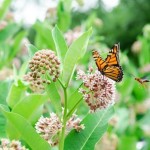
How To Create A ‘Humane Backyard’ For Wildlife And Turn Your Ordinary Garden Lush
“Permaculture has a lot of benefits for Palestinians living under the occupation” he says, “If everyone starts to grow their own food in their garden or backyard then they won’t have to work in Israel or abroad. They will have their own food.”
After escaping the violence during the second intifada, Murad traveled to the US, working for several years in the fast food industry and agriculture. He returned to his homeland in 2006 to inherit his fathers land and begin his permaculture adventure. The farm, not more than 1 square kilometer in size, dwells directly beneath the hilltop settlement of Ari’el, in the ancient West Bank village of Marda.
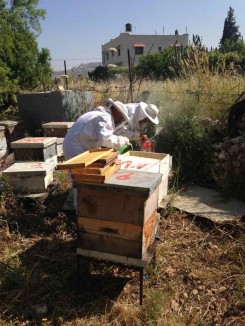 Initially, the site had only 12 olive trees and some almonds. Less than 10 years later, the farm is a color-wheel of plants and living things. A network of winding paths and spiraling beds take you into a microcosm of fruit trees and veg patches, herbs and flowers, bees, insects, chickens and pigeons, all working together for the farm, ticking every box of organic and biodiversity values.
Initially, the site had only 12 olive trees and some almonds. Less than 10 years later, the farm is a color-wheel of plants and living things. A network of winding paths and spiraling beds take you into a microcosm of fruit trees and veg patches, herbs and flowers, bees, insects, chickens and pigeons, all working together for the farm, ticking every box of organic and biodiversity values.
Everything in the farm has been designed around a single principle: Working with nature not against it. “Permaculture is returning to the roots, to our forefathers knowledge and wisdom,” Murad explains, “If you give to the land, the land will give to you.”
The evidence is in the farm where nothing is wasted. Weeds and organic waste are used to mulch beds and feed chickens; scrap wood and branches are used as apparatus to support plants; and food waste and manure are collected to make compost. The compost, together with nitrogen-making companion plants are then used to fertilize the beds for planting. Similar plants and crops are introduced to produce organic pesticides, attract pest-controlling wildlife and others to assist in pollination. These tactics are helping Murad to operate chemical-free and at low cost while growing and selling healthy produce.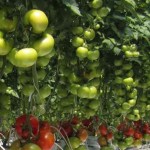
The long term goal is to be completely self-sufficient. Organic seeds and seedlings are, at present outsourced–but locally–and while able to save and reuse some of his own seeds, Murad hopes to one day get his own seed dryer, increasing self reliance and sustainability.
“Seeds are native. That’s important.” Murad explains as he stores new seeds into the ever-growing collection in an old fridge. “Soon I will have all the seeds I need and can start drying them.”
The ambition doesn’t stop there. Murad hopes to also add fish and aquaponics to the farm, as well as some goats and a cow.
With funding and scholarships from such organizations as The Danish Permaculture Institute, the farm now offers courses that aim to spread the news about this alternative method of farming. With many agricultural and environmental engineers already attending the courses at Marda Permaculture farm, plans are underway to extend into the community educational workshops for both children and adults, aimed at promoting food sovereignty, healthy living and empowerment.
Marda Permaculture Farm, a model and center for sustainable agriculture in the occupied territories, attracts international volunteers and solidarity activists for its non-violent resistance through permaculture.
This summer, on his first visit to the UK, Murad will be attending the International Permaculture Convergence UK conference to talk about his work.
If you’d like to learn more about permaculture in Palestine, you can go to Love Volunteers or Permaculture News to read about the green revolution.
SHARE this inspiring story with your friends… (below)


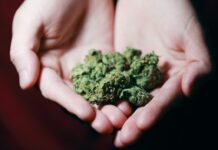
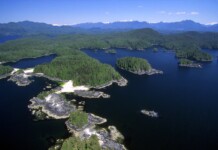
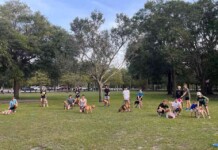
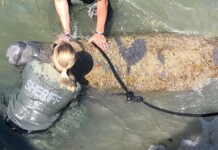














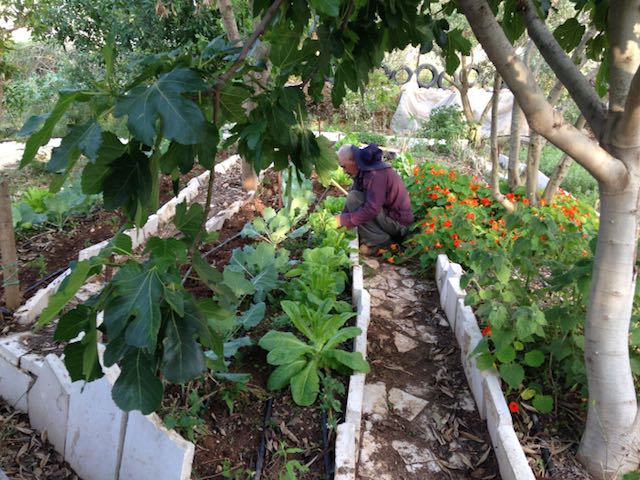
nice article … this guy seems pretty smart… wondering if they should’ve turned over those gush katif greenhouses to him rather than his colleagues….. don’t get mad at me…. just sayin’ 🙂